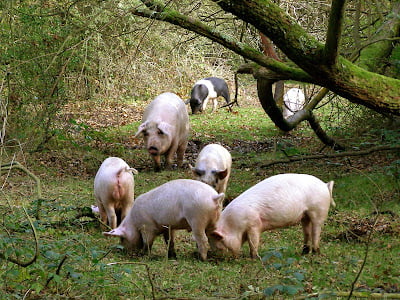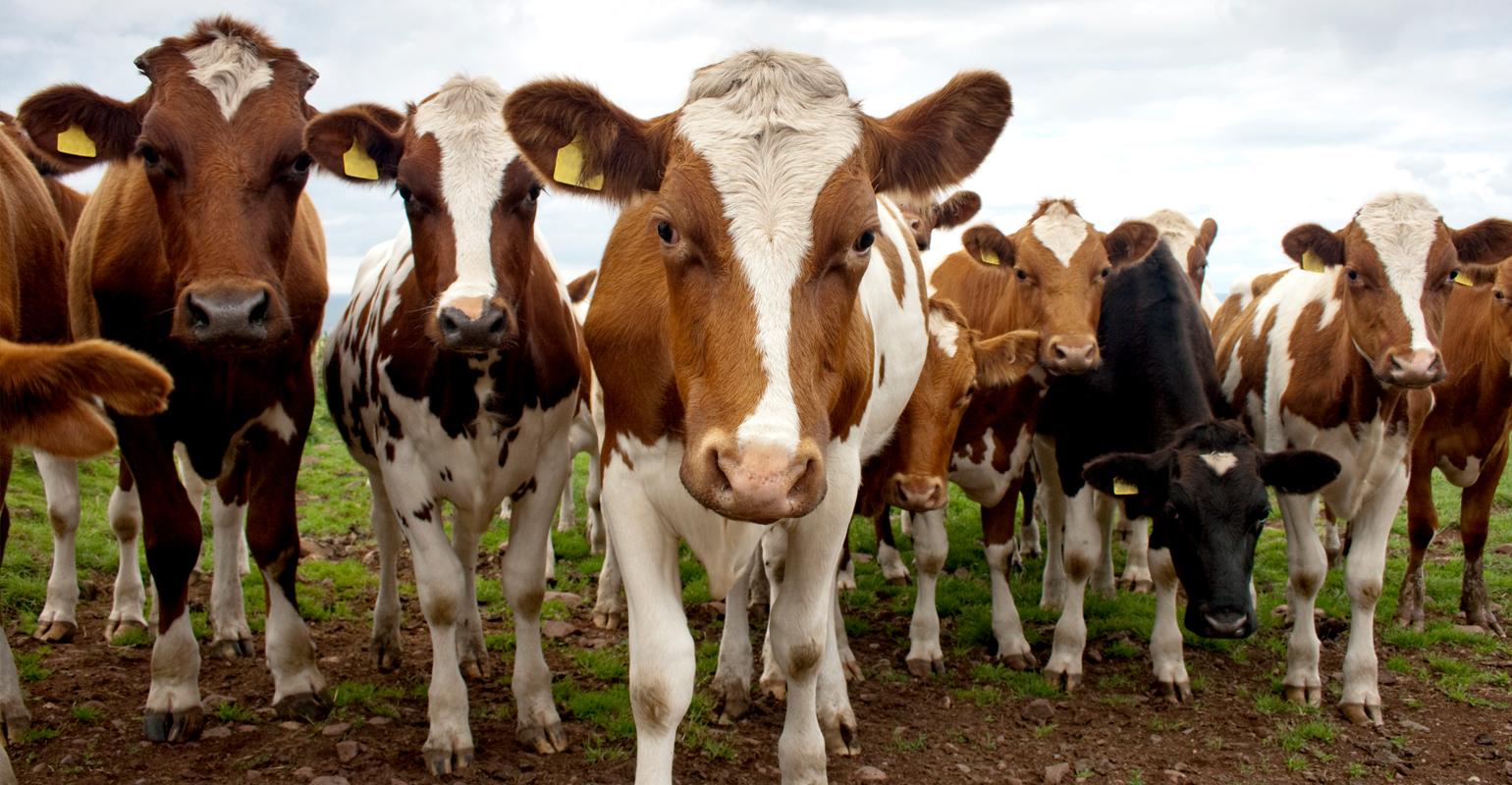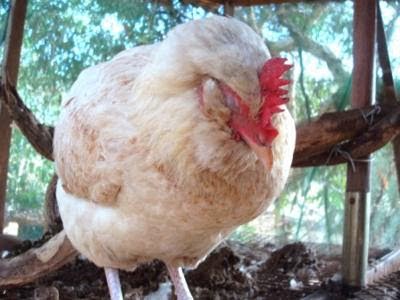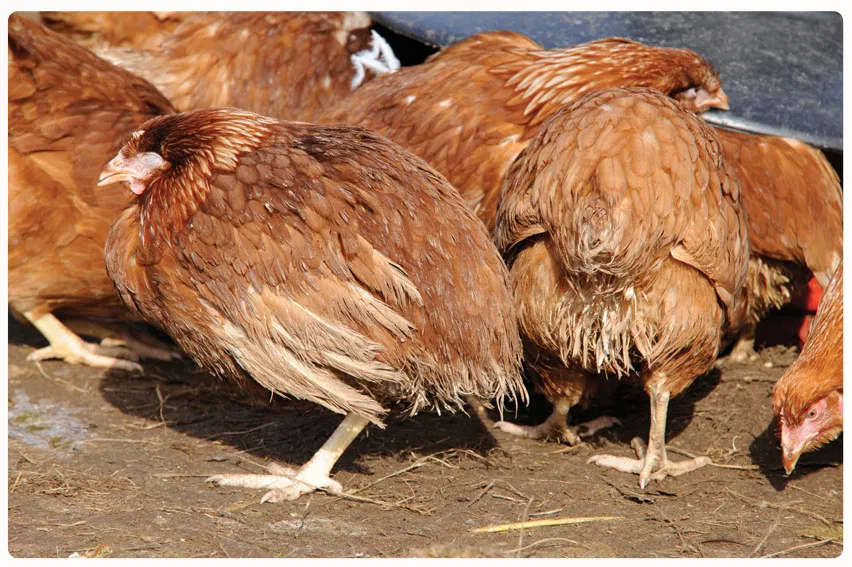Introduction Hay making is the process of turning green, perishable forage into a product that can be safely stored and easily transported without danger of spoilage, while keeping nutrient loss to a minimum. This involves reducing its moisture content from 70 – 90% to 20 – 25% or less Techniques for natural pasture, sown pasture and crops specifically cultivated for conservation at three levels of technology are considered: manual haymaking; simple mechanization with draught animal power or small tractors; and fully mechanized systems. It is, of course, possible to have…
Month: November 2023
AFRICAN SWINE FEVER (new) I Mshindo Media
African swine fever is a disease that causes many deaths in pigs worldwide. This disease spreads very quickly. Symptoms of the diseaseThis disease attacks and disrupts the circulatory system, digestive tract and respiratory tract. You can see its symptoms from five to fifteen days. If the disease is very severe, pigs can die even before the disease is visible. The immediate symptoms are that the pig loses its appetite and develops a high fever. Fortunately, the pig farmer can detect sudden deaths in his pigs. In those pigs that are…
Pig: Diseases That Attack Pigs and Their Treatments (new) I Mshindo Media
Diseases that attack pigs have treatments, and they are as common as other animals, but there are diseases in pig farming that you must know about along with their treatments because they are the ones that occur most frequently. ANAPHRODISIAS When a pig fails to come into heat, this can be caused by low weight due to feeding them inadequate or nutrient-poor food, excess weight, mineral deficiencies, intestinal worms, chronic diseases. LEPTOSPIROSIS Symptoms of this disease are fever, diarrhea, bloody urine and miscarriage in the last stage and you can…
KNOW THE SYMPTOMS OF A SICK ANIMAL I Mshindo media
A sick animal is recognized by the following main symptoms: Behavioral changes – A sick animal is lethargic. Some animals become aggressive, do not like to be approached, and cry incessantly. If it is a dog, it barks excessively.Behavior – Walking erratically, preferring to lie down, lying down without getting up, limping or dragging its legs, running around aimlessly without being chased. KNOW THE SIGNS OF A SICK ANIMALBody condition – Weakness/Weakness, Thinness: ribs, bones visible, feathers standing up or standing up.Food intake – Decreased appetite, Not wanting to eat at all (Anorexia) Eating…
Pasture and Fodder Management | Production
Introduction Pasture are plants (such as grass) grown for the feeding especially of grazing animals or grass or similar plants suitable for animals such as cows and sheep to eat, or an area of land covered in this: The availability of fodder is one of the limiting factors in animal husbandry. Organic husbandry should be mainly based on the fodder produced on the farm itself. As is the case with humans, there is a direct link between the food and the health of the animals. Food requirements of animals If farm animals are to be productive (milk, eggs, meat etc.), it is important that they get suitable food in…
Pig | Definition, Meaning, Description, Breeds,Management & Facts
Introduction Origin of pigs The pig is one of the oldest domesticated animals. It is found throughout the world especially in regions where there are no social or religious objections to pork consumption. As a young domesticated swine usually is pink or black animal with short legs and not much hair on its skin. Pigs are often kept on farms for their meat, which is called pork, ham, bacon, or gammon. The majority of the breeds we know are descended from the Eurasian Wild Boar (Sus scrofa). Archeological evidence from the Middle East indicates domestication of the pig occurs as early as 9,000 years ago, with some evidence for…
Pets: Cats | Definition, Types, History, & Facts
Biology and Behaviour The cat, commonly referred to as the domestic cat or house cat, is the only domesticated species in the family Felidae. Biological classification of domestic cat Term for young: kitten Lifespan: 12 – 18 years (Domesticated) Scientific name: Felis catus Daily sleep: 12 – 16 hours Gestation period: 65 days Collective noun: clowder, cluster, clutter, glaring, Cats may resemble one another but every cat has its very own character and behavior. This pronounced individuality is probably their most important characteristic – one that makes cats so popular among human beings. Nevertheless, given their origin and biology,…
Poultry Farming: Newcastle Disease, Symptoms and Prevention (new) I Mshindo Media
Measles is an infectious disease of chickens and other poultry caused by a para-myxovirus. The birds affected by this disease are chickens, turkeys, geese, ducks, guinea fowl, quail and other wild and captive birds. Its symptoms include: diarrhea, green stools, severe cold, dizziness and eventually death. TEMEVAC is manufactured according to quality standards under the guidance of ISO 9001:2015 quality standards as well as the standards and guidelines of the World Organization for Animal Health (WOAH). NEWCASTLE DISEASE This disease affects chickens of any age and when it enters a…
Natural Mediacines for Chickens
Alternative veterinary medicine include photon therapy (laser), acupuncture, homeopathy, veterinary manipulative therapy, phytotherapy, integrative nutrition, acupuncture, botanical medicine, chiropractic, homeopathy, massage therapy, and nutraceuticals. Herbal Remedies and Supplements in the Treatment and Prevention of Various Diseases of Poultry. Parts of plants can be: Leaves, Barks, Seeds, Flowers or Fruits. Importance of using herbal remedies: • Easily accessible. • Easy to use. • Cheap • They treat well if used properly • They are harmless. Some Herbicides: 1. Neem (Leaves, Roots, Barks): It treats the following diseases: • Typhoid. • Prevention…
Newcastle Disease (new) I Mshindo Media
What is Newcastle disease?Newcastle disease (or some call it Mdondo) is a highly contagious avian disease that affects many species of domesticated birds such as chickens, ducks and other birds. Newcastle disease can kill your entire flock of birds if they are not vaccinated against the disease and if an outbreak occurs, it can wipe out all the chickens in your village and even neighboring villages. Therefore, it is important to vaccinate your flock ofbirds/chickens! Symptoms of Newcastle disease vary depending on: Virus type Type of bird/chicken Age and health…
Pets: Dog | History, Domestication, Physical Traits& Breeds
Introduction Dog, (Canis lupus familiaris), domestic mammal of the family Canidae (order Carnivora). The dog is a domesticated descendant of the wolf. Also called the domestic dog, it is derived from extinct Pleistocene wolves, and the modern wolf is the dog’s nearest living relative. The dog was the first species to be domesticated by humans. Lifespan: 10 – 13 years Domain: Eukaryota Family: Canidae Kingdom: Animalia Order: Carnivora Phylum: Chordata Dogs have been loyal companions to men for millenniums. Thanks to their extraordinary capabilities, dogs are highly appreciated and tremendously popular as helpers and as buddies. Hardly any other domestic animal…
HOW TO SELECT EGGS THAT CAN INseminate
It may happen that some hens become good egg-laying hens but do not like to incubate them. In that case, it is better to choose other hens (mites) to incubate their eggs for good hatching. THE FOLLOWING PROCEDURE WILL BE USED Find a hen that has reached laying age or a hen that has never laid a egg. Find three round stones or potato tubers the size of an egg or slabs carved in the shape of an egg or seedless eggs (poultry eggs, or modern chicken eggs). Place at…
POULTRY DISEASES – NEWCASTLE DISEASE (new) I Mshindo Media
It is a disease that affects birds and is caused by a type of parasite. paramyxovirus Spread of Disease Newcastle disease is spread through various routes such as the following:- Symptoms of Newcastle disease 2. To give alms in the mouth. 3. Loss of appetite. 4. Diarrhea with white and green stools. 5. Difficulty breathing. 6. Stiffness or paralysis of the limbs, especially the wings, neck and legs. 7. Reduces shedding. 8. Mortality, depending on the severity of the disease, can reach up to one hundred percent (100%). How to control Newcastle…














